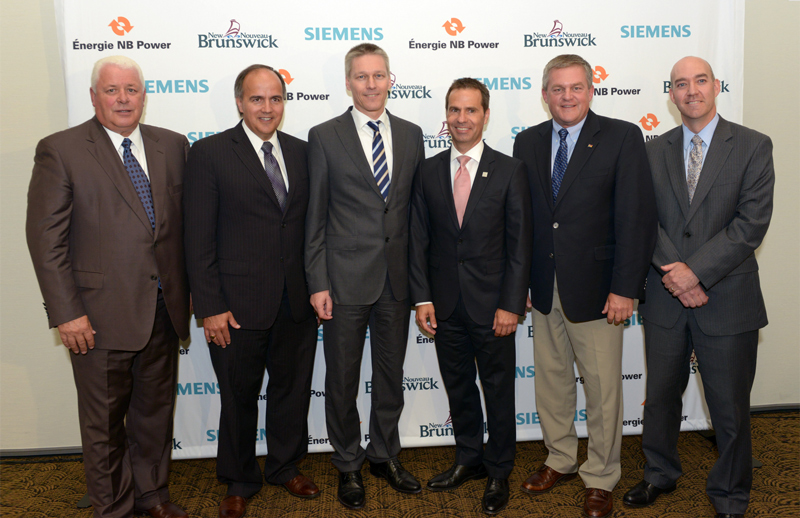Account Login
Don't have an account? Create One

It took the New Brunswick Power Corporation (NB Power) a couple of tries, involving several years of regulatory work, to land the approvals needed for widespread installation of smart meters. It was likely the first step toward a whole, new kind of electricity system. But an early lesson from the back and forth was simple: changes to the status quo won’t come easy.
In a 2017 application to the province’s Energy and Utilities Board (EUB), the utility said older power meters required staff to physically go and look at a meter to get a reading on a customer’s power usage in roughly a quarter of cases. For the rest, being a little more advanced (as “automated meter reading,” or AMR systems), utility staff could drive through an area and ping the meters from the street, gathering monthly usage data. None of these were at the level of the smart meters NB Power was eyeing.
Smart meters can record and transmit data on energy usage as frequently as every five minutes. The proposed meters would be able to stream information for both the utility and the customer, giving them new capabilities in monitoring and shaping both energy production and use. However, a mass change out would cost millions.
In making its public pitch and arguments to the EUB on mass adoption of new meters, NB Power had to show—to the dollar—the details of how it expected ratepayers would ultimately benefit. It didn’t succeed at first in making a business case. And it was only a subsequent application where it met challenges and found its footing. With a fresh plan, costing and third-party assessments, several interveners and the regulator looked on the “advanced metering infrastructure” more favourably. In 2020, the EUB approved a just under $110-million proposal for the change of about 360,000 power meters on the distribution system.
“Smart grids” are the next level of grid development. They involve more than just new meters or the tech-like smart thermostats in your home or office. A smart grid involves wide-spread digitization offering precise customer and utility controls. They include “microgrids” with private, renewable power generation, able to operate independent of the larger provincial power grid. And they are the subject of ongoing research by NB Power and others.
New Brunswick’s history in looking at smart grids dates back to at least July 2012, when NB Power announced a multi-year R&D and planning partnership with Siemens Canada.
The agreement involved commitment to answering questions specific to the provincial bulk electrical and distribution systems. As part of the much-lauded partnership deal, the utility would aid in the development of Siemens’ Energy Systems Platform (ESP) for this modern grid management, while Siemens agreed to develop a Global Smart Grid Centre of Competence in Fredericton.
“We want to place our customers at the centre of our electrical system and work with them to modernize the way our energy is consumed in the future,” said then-NB Power president and CEO Gaëtan Thomas, in a statement. “The introduction of smart grid initiatives will provide choices for customers to control their future electricity cost.”
Continue reading this story: click below to login/subscribe
Login or SubscribeComment policy
Comments are moderated to ensure thoughtful and respectful conversations. First and last names will appear with each submission; anonymous comments and pseudonyms will not be permitted.
By submitting a comment, you accept that Atlantic Business Magazine has the right to reproduce and publish that comment in whole or in part, in any manner it chooses. Publication of a comment does not constitute endorsement of that comment. We reserve the right to close comments at any time.
Cancel